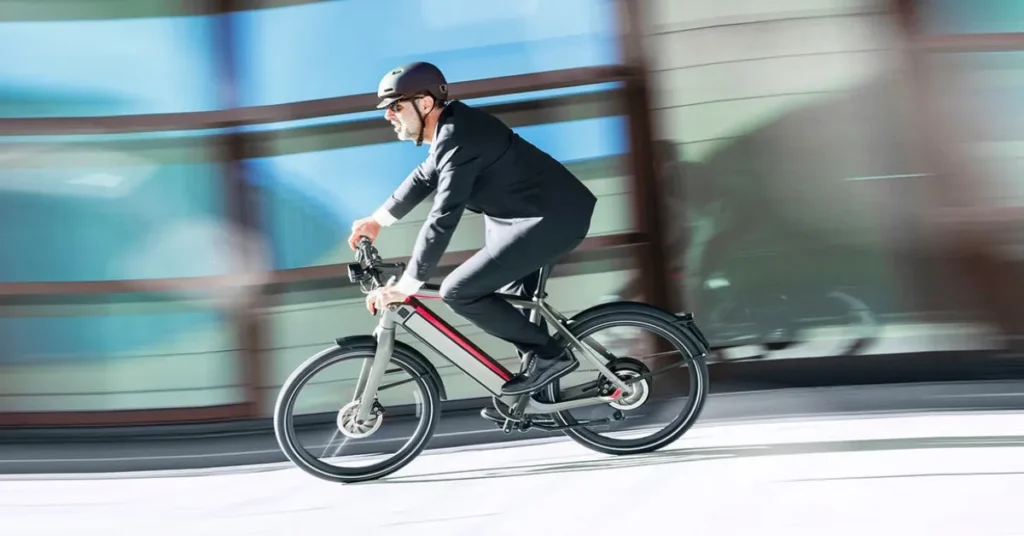In recent years, an increasing number of commuters have been turning to motorized bicycles as their preferred mode of transportation.
This trend is not only a testament to the ingenuity of modern transportation solutions but also reflects a growing concern for environmental sustainability and personal convenience.
In this article, we will explore the reasons behind the popularity of motorized bicycle commuting and the benefits it offers to individuals and the environment.
Convenience and Efficiency
Motorized bicycles, also known as e-bikes, provide commuters with an efficient and convenient means of getting to work, school, or other destinations.
With electric assistance, riders can effortlessly cover longer distances and tackle hilly terrain without breaking a sweat.
This eliminates the need for strenuous physical exertion, making it an attractive option for individuals who may not be in peak physical condition.
Eco-Friendly Transportation
One of the most significant advantages of motorized bicycle commuting is its eco-friendliness. Unlike traditional gasoline-powered vehicles, e-bikes produce zero emissions.
This means that riders can significantly reduce their carbon footprint and contribute to cleaner air and a healthier environment.
As cities worldwide grapple with air pollution and climate change, the adoption of electric bikes can play a pivotal role in mitigating these issues.
Cost-Effective Travel
Commuting can be expensive, with costs associated with owning and maintaining a car or taking public transportation adding up over time.
Motorized bicycles offer a cost-effective alternative. They require minimal maintenance, and the cost of charging the battery is a fraction of what it costs to fill up a gas tank or purchase public transportation tickets.
E-bike owners also benefit from reduced parking expenses and the elimination of insurance and registration fees.
Traffic Congestion Relief
Traffic congestion is a common headache for commuters in urban areas. Motorized bicycles can help alleviate this issue by weaving through traffic with ease.
They are nimble and can access bike lanes and pathways that may not be available to cars.
This not only reduces travel time but also lowers stress levels associated with long commutes in bumper-to-bumper traffic.
Improved Health and Well-Being
While motorized bicycles provide electric assistance, riders still engage in physical activity while pedaling.
This low-impact exercise can contribute to improved cardiovascular health and increased stamina.
Commuters can arrive at their destinations feeling invigorated rather than fatigued, which is a stark contrast to the draining experience of sitting in traffic or using public transportation.
Reduced Noise Pollution
Traditional motor vehicles are notorious for their noise pollution, which can be disruptive and stressful for both commuters and residents along busy routes.
E-bikes are remarkably quiet, helping to create more peaceful and harmonious urban environments. This reduction in noise pollution benefits everyone in the community.
Conclusion
Motorized bicycle commuting is on the rise, driven by its convenience, eco-friendliness, cost-effectiveness, and health benefits.
As our cities continue to grow and face the challenges of pollution, traffic congestion, and the need for sustainable transportation, e-bikes offer a promising solution.
By choosing to commute on motorized bicycles, individuals can contribute to a greener and more efficient future while improving their own well-being in the process.
This trend is likely to continue growing as more people recognize the advantages of this innovative mode of transportation.

